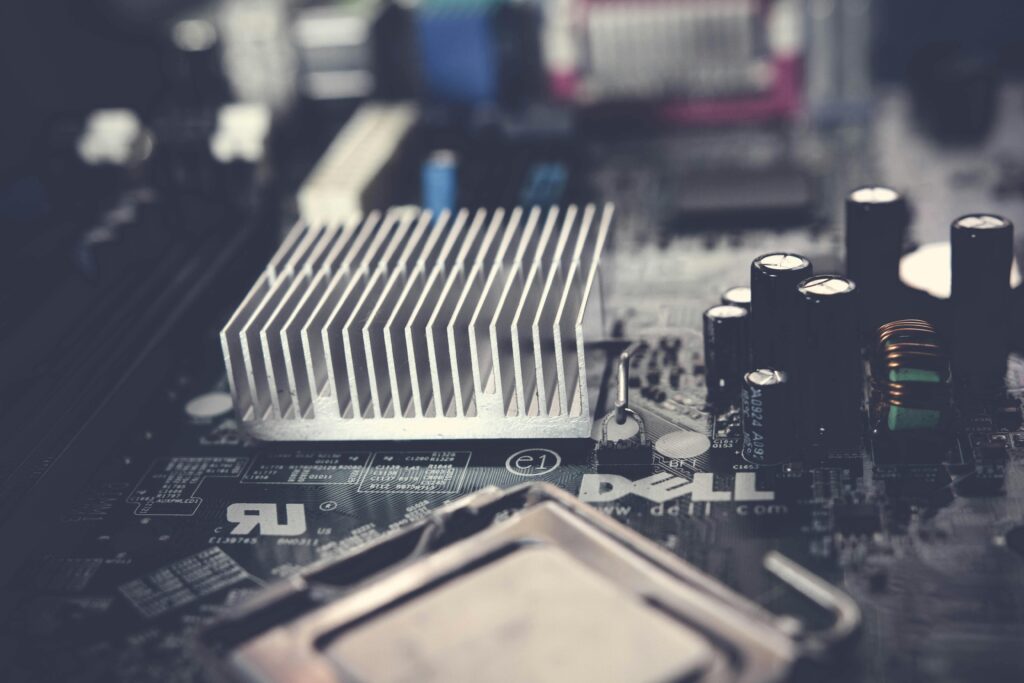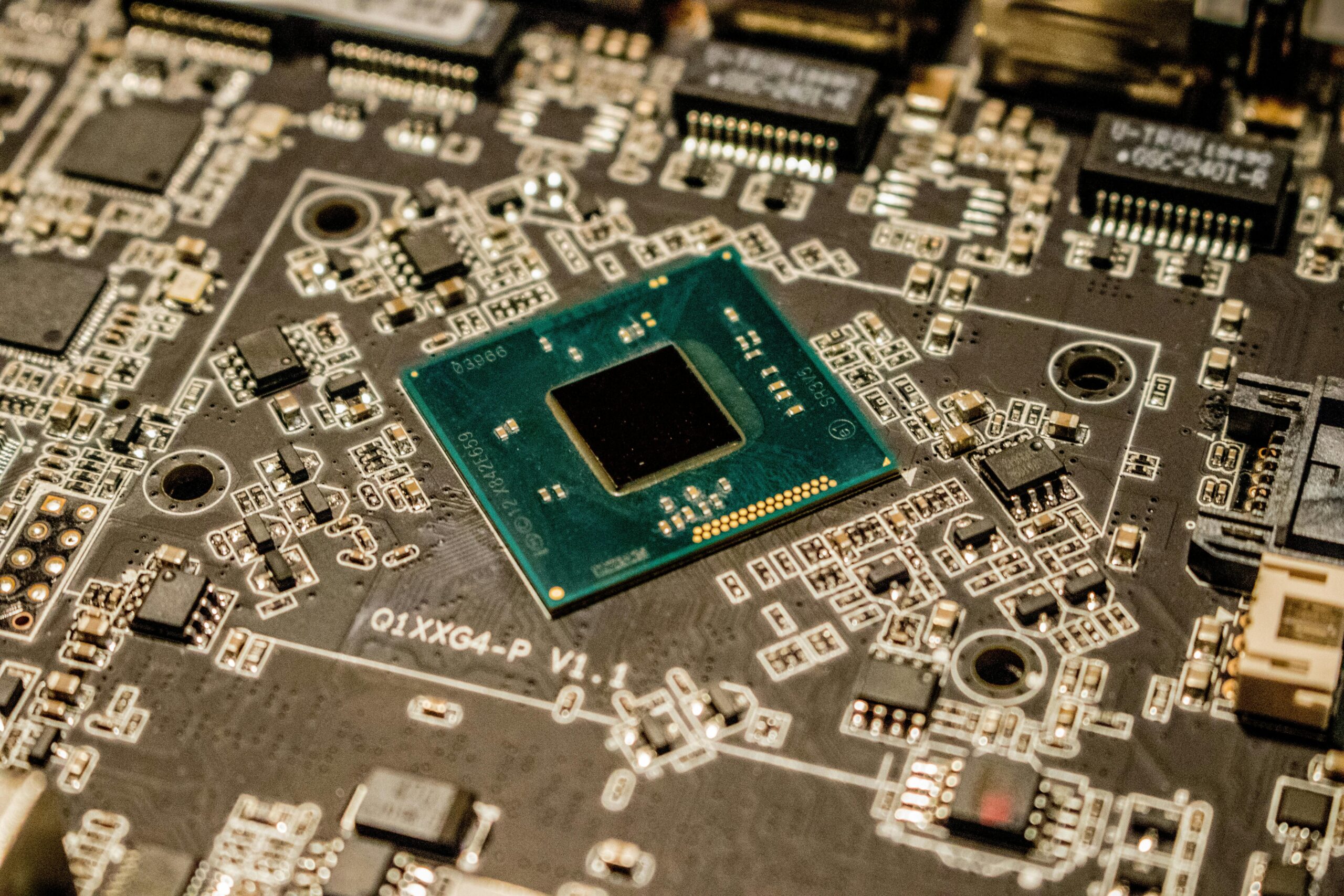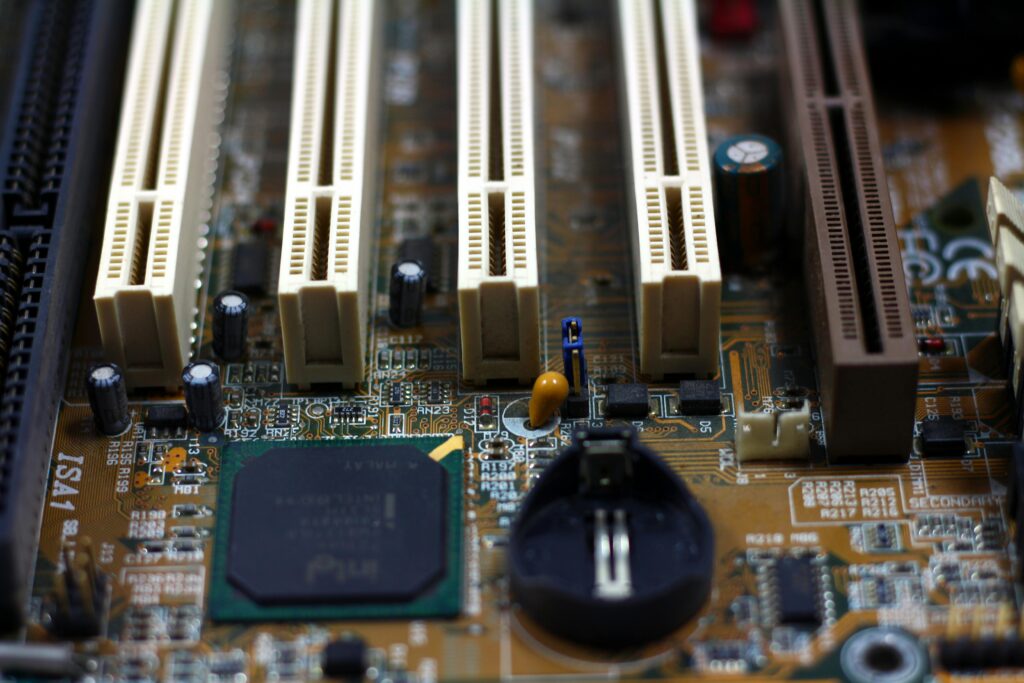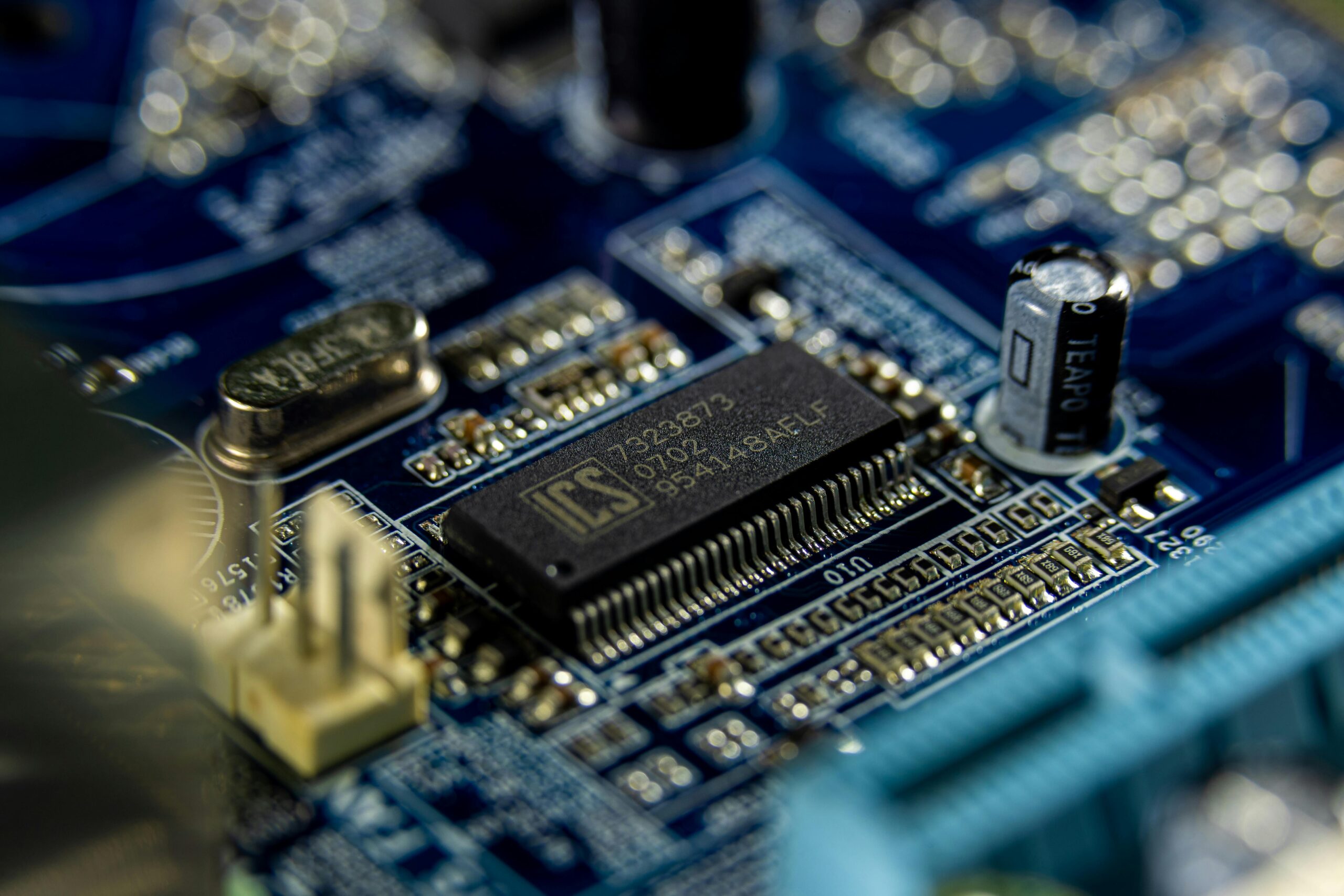Intel Rejected RMA: A Comprehensive Guide

Understanding why Intel rejected RMA claims is crucial for users navigating warranty disputes. This guide delves into common reasons for rejection and practical solutions. By addressing these challenges, users can improve their claim success rates effectively.
Understanding the RMA Process
- Return Merchandise Authorization (RMA) allows users to replace defective effects.
- Intel rejecting RMA claims may occur due to non-compliance with terms.
- Understanding RMA policies thoroughly is essential to avoid issues.
Common Causes of Rejection
Intel rejected RMA cases, which often stem from incorrect product handling. Damages outside warranty terms or serial mismatches can lead to rejections. Ensure accurate product information to avoid issues.
Preventing Intel Rejected RMA
Avoiding Intel rejected RMA requires careful documentation. Adhere to packaging guidelines and provide proof of purchase. Clear communication can resolve potential disputes.
Impact of Intel Rejected RMA on Users
Intel-rejected RMA experiences can delay repairs and replacements, impacting user trust and escalating frustrations. Reliable communication channels are crucial for resolution.
Appealing Intel Rejected RMA Decisions
Users facing Intel rejected RMA must prepare valid claims. Gather evidence and engage customer support for reconsideration. Timely action increases the chances of approval.
Alternatives to Address Rejected RMA
When Intel rejected RMA occurs, exploring repair services or third-party warranties may help. These options mitigate losses while ensuring functionality.
Analyzing Intel’s RMA Policies
Intel rejected RMA policies to emphasize product authenticity. Familiarize yourself with guidelines to understand acceptable claims and avoid conflicts.
User Experiences with Rejected Claims
Stories of Intel rejecting RMA highlight procedural lapses. Learning from such instances aids future RMA submissions. Awareness prevents repeated mistakes.
Legal Recourse for Rejected RMA
Intel rejected RMA disputes that may require legal intervention. Understanding consumer rights helps in addressing unresolved grievances effectively.
Documentation Essentials for RMA
To minimize Intel rejected RMA risks, maintain receipts, warranty cards, and detailed descriptions. Accurate records expedite claim approvals.
Warranty Coverage Limitations
Intel rejected RMA cases often stem from misunderstood warranties. Familiarize yourself with coverage details to avoid non-compliance.
Escalating Intel RMA Issues
Persistent Intel rejected RMA cases that needed escalation to higher support levels. Highlight factual inaccuracies to strengthen your case.
Role of Third-Party Intermediaries
Third-party mediation may assist in Intel’s rejected RMA resolutions. Trusted repair centers or warranty providers are viable options.
Customer Support Challenges
RMA complaints underscore support inefficiencies. Enhancing response times and transparency improves user satisfaction.
Global RMA Policy Differences
Intel’s rejected RMA may vary by region due to policy differences. Knowing location-specific terms ensures smoother claim processing.
The Cost of Intel Rejected RMA
Users face costs in Intel-rejected RMA situations, including repair fees or new purchases. Minimizing these requires strategic decision-making.
Educating Users on RMA Protocols
Preventing Intel’s rejected RMA depends on educating users. Clear guidelines and proactive support reduce misunderstanding.
Technology and RMA Automation
Automating RMA processes can decrease Intel’s rejected RMA occurrences. Efficient tracking and real-time updates improve user experience.
How RMA Policies Shape User Experience
- RMA policies, including Intel’s rejected RMA cases, significantly impact customer trust.
- Clearer instructions on claims improve user understanding and reduce confusion.
- Flexible terms in policies enhance satisfaction and foster customer loyalty.
Steps to Verify Eligibility for RMA
To avoid Intel rejecting RMA, verify product eligibility. Check warranty duration, purchase documentation, and product condition before submission.
The Role of Serial Numbers in RMA
Intel’s rejected RMA often results from mismatched serial numbers. Verifying these against official records ensures smoother processing of claims.
Understanding Physical Damage Exclusions
Physical damage is a frequent reason for Intel’s rejecting RMA. Products damaged by accidents or misuse may fall outside warranty terms, leading to rejection.
Aspect |
Challenges |
Solutions/Recommendations |
| Understanding RMA | Misinterpretation of terms and conditions | Thoroughly read and understand Intel’s RMA policies. |
| Common Causes of Rejection | Mishandling, mismatched serial numbers, physical damage | Ensure accurate product handling, verify serial numbers, and avoid accidental damage. |
| Preventive Measures | Lack of proper documentation or adherence to guidelines | Maintain receipts, use original packaging, and follow submission protocols. |
| Impact on Users | Delayed repairs, increased costs, and frustration | Address claims promptly and establish reliable communication channels with Intel. |
| Appealing Rejections | Insufficient evidence for reconsideration | Gather supporting documents, such as proof of purchase and photos, and escalate through Intel support. |
| Alternatives for Rejections | Limited warranty coverage | Explore third-party repair services or extended warranties for additional protection. |
| Policy and Regional Differences | Variation in RMA rules by location | Familiarize yourself with regional-specific terms for smoother claim processing. |
| Documentation Essentials | Missing receipts or warranty cards | Maintain detailed and organized records for quick access during claims. |
| Physical Damage Exclusions | Warranty not covering accidental damages | Handle products carefully and consider third-party insurance for mishaps. |
| Escalation Procedures | Lack of resolution at lower support levels | Escalate to higher Intel’s support tiers with factual evidence for better outcomes. |

Time Sensitivity in RMA Submissions
Late submissions can result in Intel rejecting RMA claims. Meeting deadlines for warranty claims is essential to avoid disqualification and delays.
Communication with Intel Support Teams
Timely and detailed communication can resolve Intel’s rejected RMA cases. Providing accurate information helps support teams understand your claim better.
The Importance of Packaging Standards
Intel’s rejected RMA claims that often arise from improper packaging. Adhering to shipping standards protects the product and improves acceptance chances.
Evaluating Intel’s Warranty Extensions
Extended warranties reduce the risk of Intel rejecting RMA. Opting for coverage upgrades provides additional protection for high-value products.
How Intel Reviews RMA Claims
Intel rejected RMA cases undergo rigorous evaluation. Teams assess compliance with terms, focusing on authenticity and damage reports during the process.
Customer Feedback on Rejected RMA
Users frequently share Intel-rejected RMA experiences. These stories reveal common mistakes and offer insights into improving the claim submission process.
Utilizing Online Portals for RMA
Online platforms streamline RMA submissions and tracking. Using Intel’s portal can minimize the chances of Intel rejecting RMA through automated guidance.
Third-Party Insurance for Electronics
To avoid Intel’s rejected RMA, third-party insurance offers coverage for mishandling or accidental damage. Security net for unexpected happenings.
Intel’s System to Dishonest Claims
Intel’s rejected RMA policies that are stringent to combat fraud. Ensuring all submissions are genuine helps maintain fairness in the claims process.
Training Retailers on RMA Protocols
Retailers play a vital role in reducing Intel-rejected RMA cases. Proper training ensures they guide customers correctly on claim eligibility and procedures.
Resolving Disputes Without Legal Action
Alternative dispute resolution methods help settle Intel’s rejected RMA disagreements amicably. Mediation often leads to quicker and cost-effective resolutions.
User Forums for RMA Advice
Online forums guide Intel’s rejected RMA issues. These communities share tips and solutions to common problems faced during claims.
Proactive Measures for Long-Term Use
Maintaining electronics carefully reduces Intel’s rejected RMA risks. Regular updates and using original accessories preserve product integrity over time.

Intel’s Efforts to Improve RMA Transparency
Intel is continually revising policies to reduce Intel’s rejected RMA cases. Enhanced clarity and automated tools aim to simplify the claims process.
Educating Retail Staff on Warranty Terms
-
- Retail staff awareness helps prevent Intel-rejected RMA cases.
- Staff can guide customers on proper product handling and accurate documentation.
- Informing customers about coverage limitations ensures smoother claims.
Reducing the Environmental Impact of RMA
Intel rejected RMA policies to encourage sustainable practices. Promoting repair over replacement reduces waste and aligns with eco-friendly initiatives.
The Future of Intel RMA Services
Reforming Intel’s rejected RMA practices ensures customer loyalty. Policy enhancements and tech integration set a promising future.
Conclusion
Navigating Intel’s rejected RMA requires understanding policies, proper documentation, and effective communication. Resolving these issues strengthens trust and reliability.
FAQs
- What is the main focus of the article?
The article focuses on understanding and addressing Intel’s rejected RMA cases effectively.
- Why does Intel reject RMA claims commonly occur?
Claims are often rejected due to non-compliance, mishandling, or mismatched documentation.
- How can users prevent Rejected RMA claims?
Users can prevent rejections by following RMA guidelines, maintaining accurate records, and using proper packaging.
- What alternatives are suggested for rejected RMA cases?
Exploring repair services, third-party warranties, or mediation are recommended alternatives
- How does Intel plan to improve its RMA processes?
Intel aims to enhance clarity, automate systems, and revise policies to reduce rejected RMA cases.

